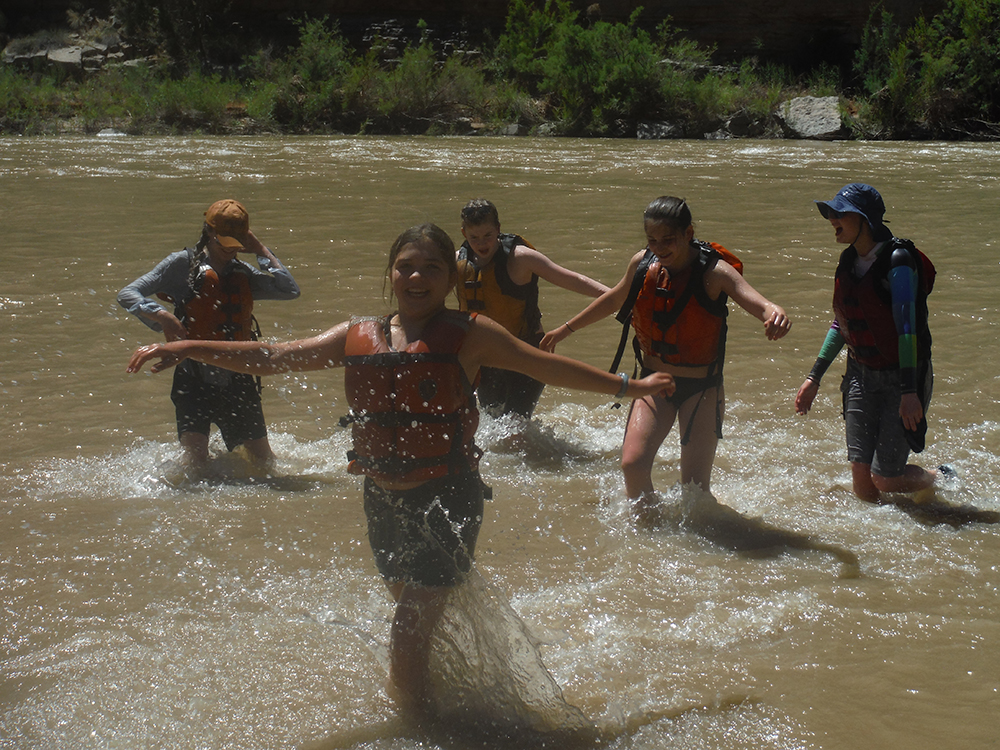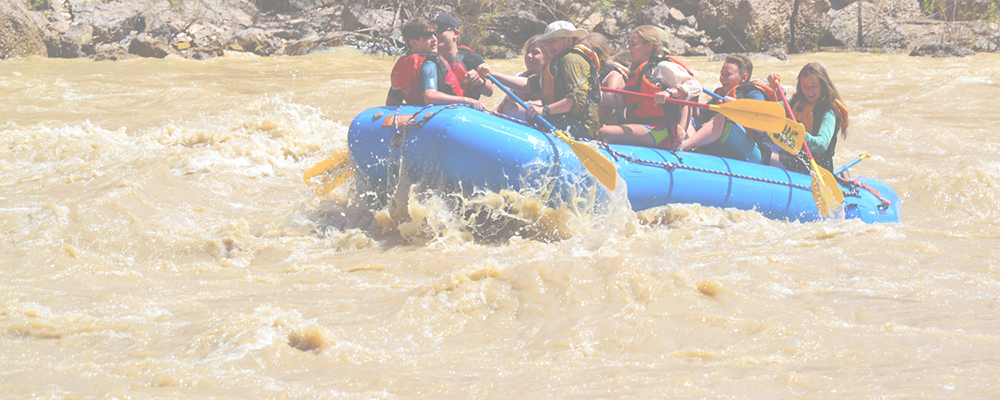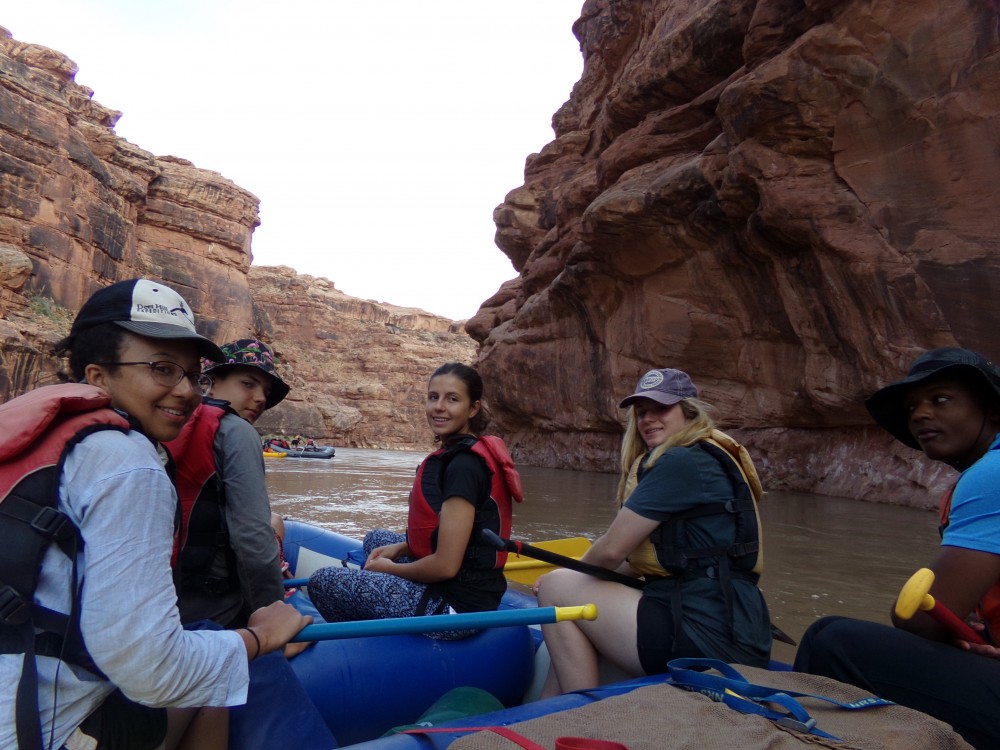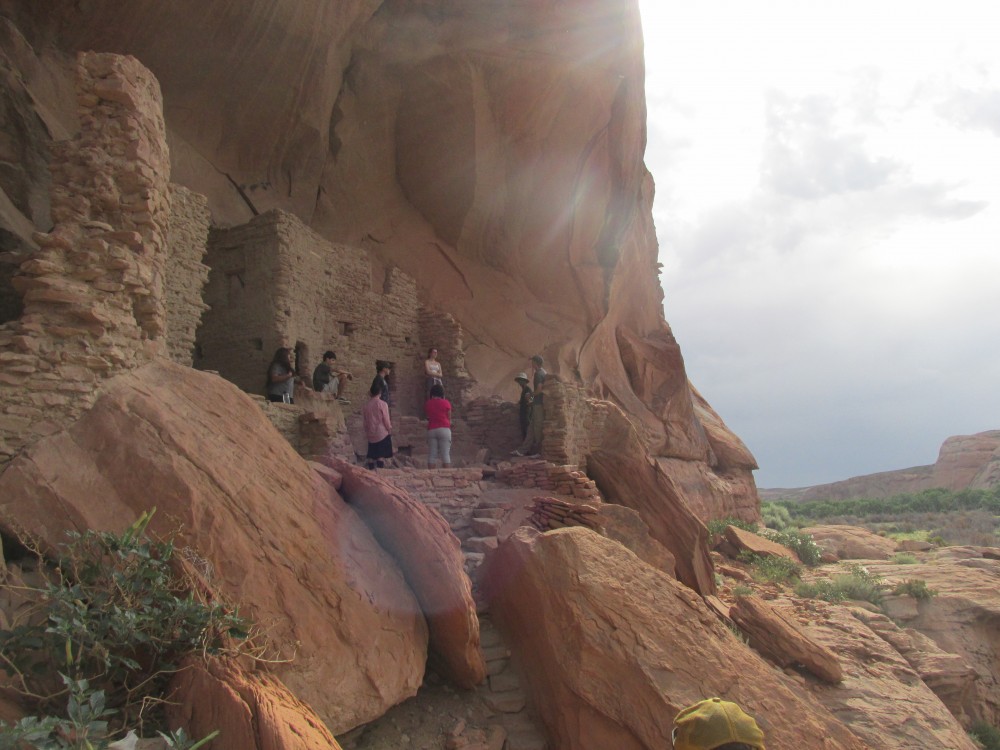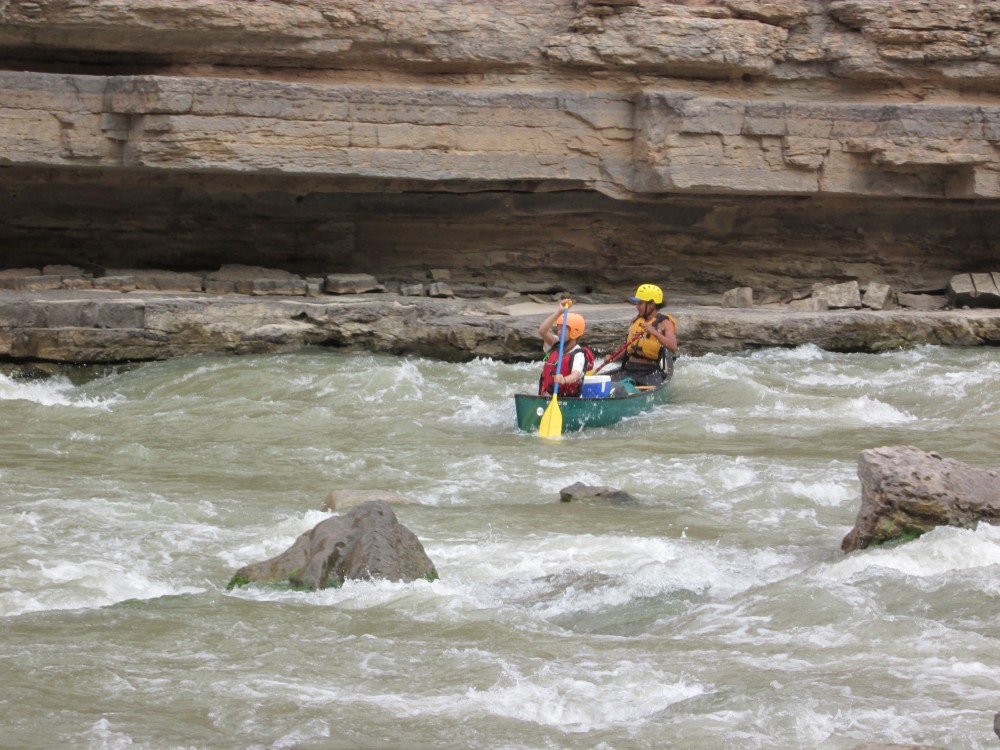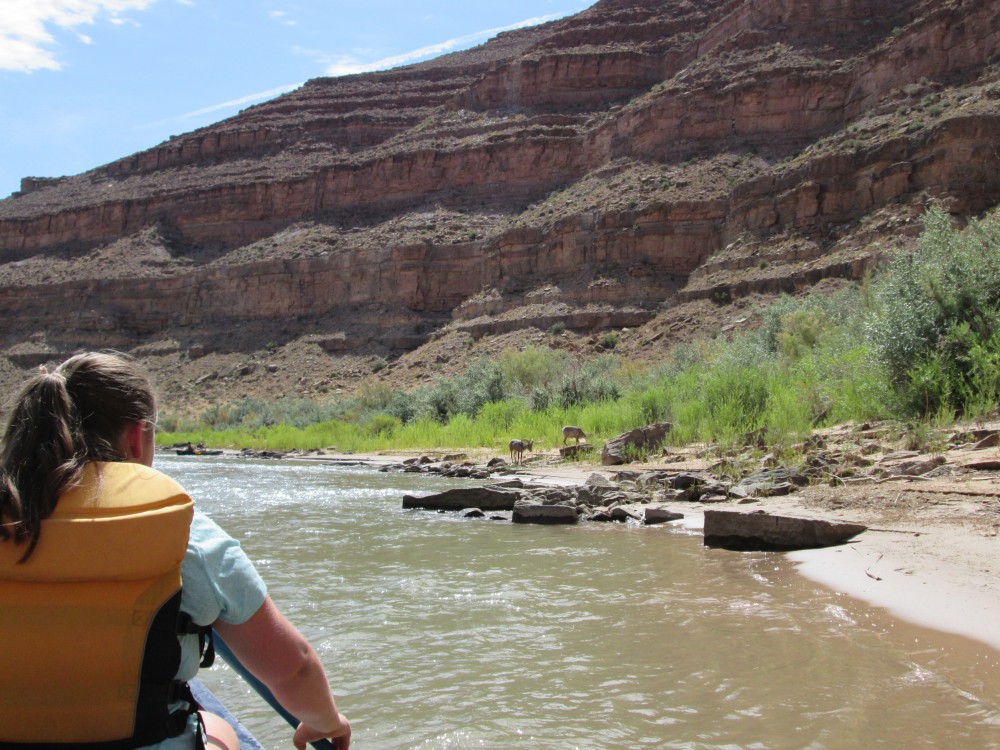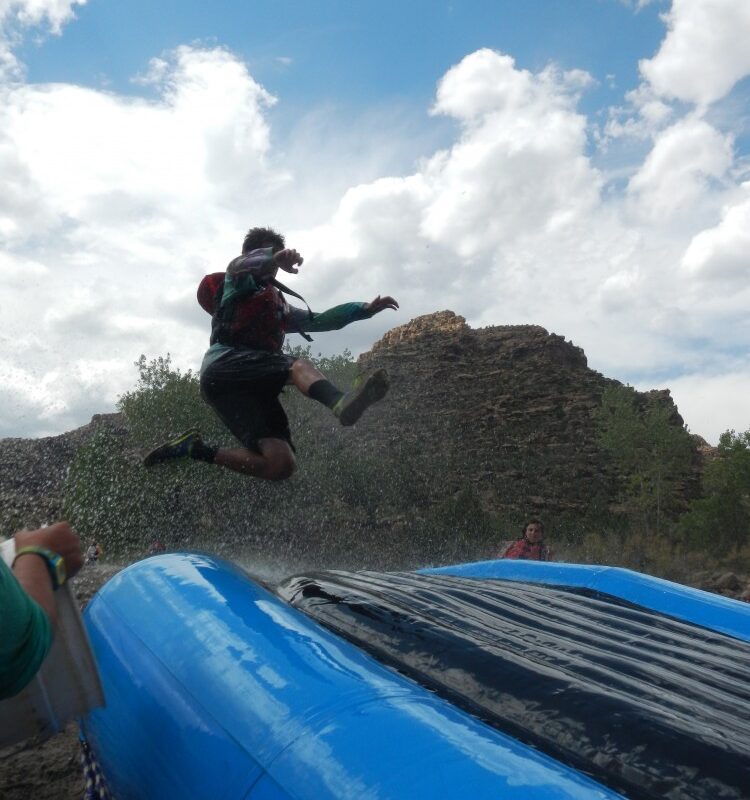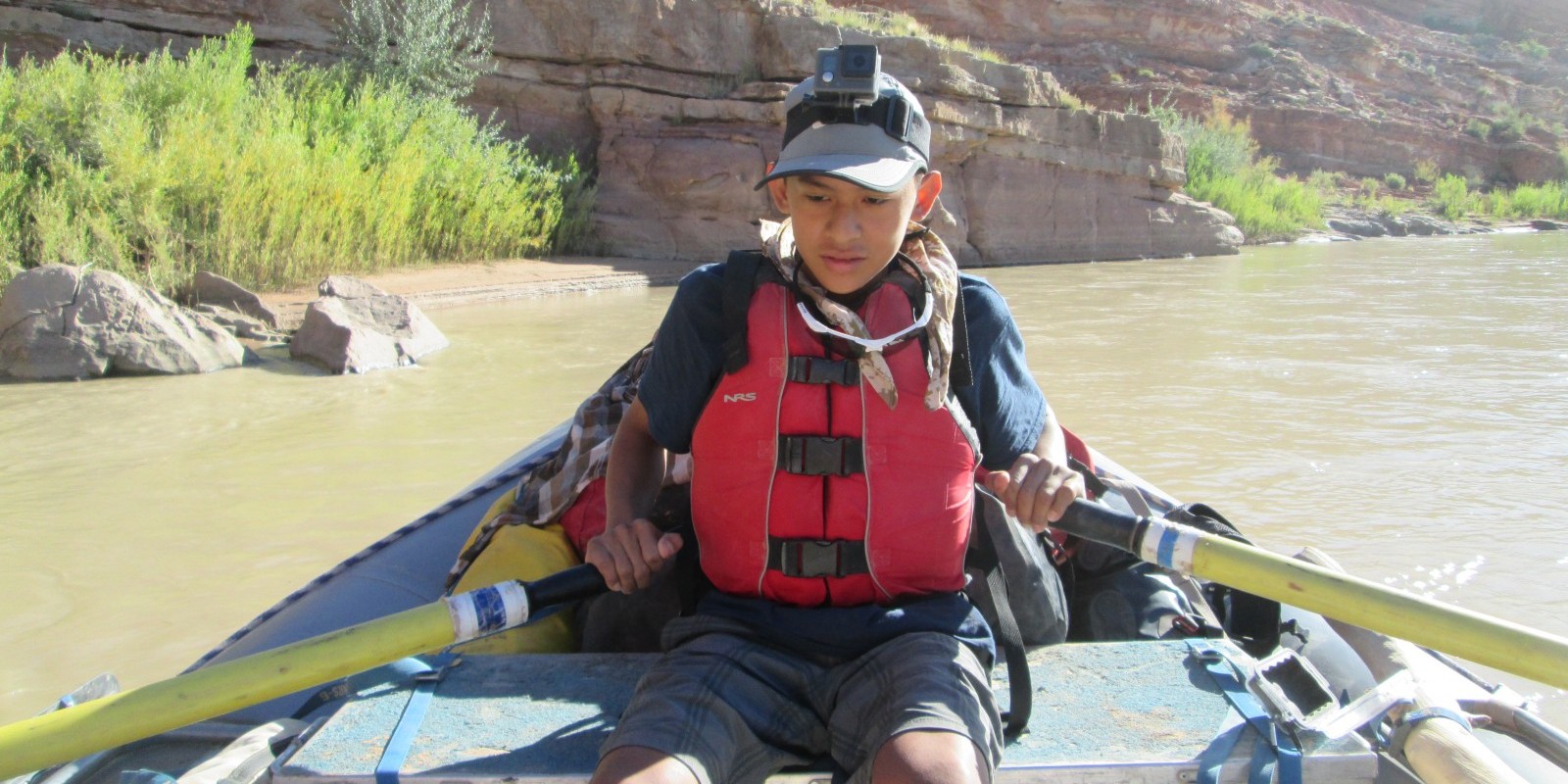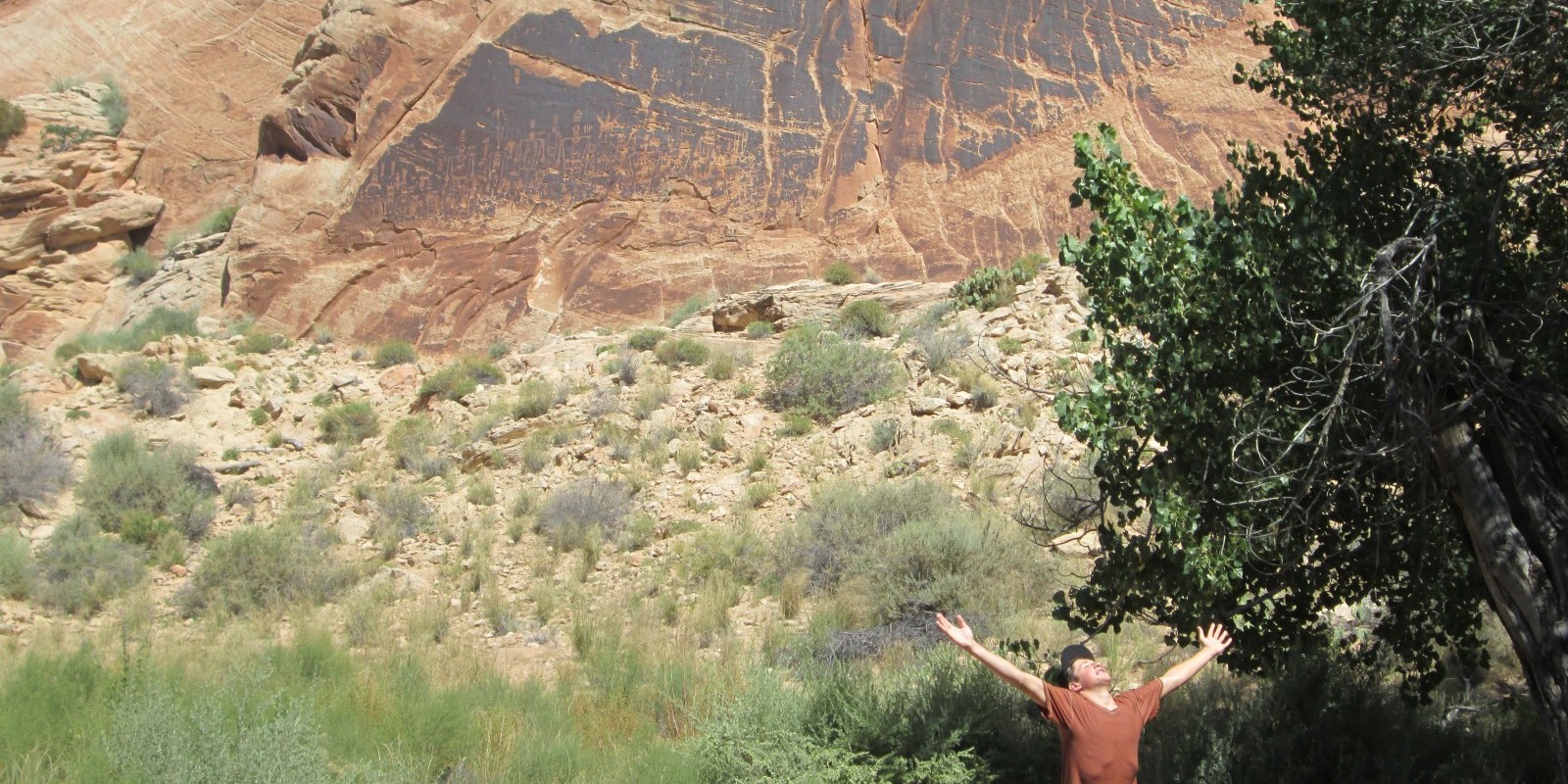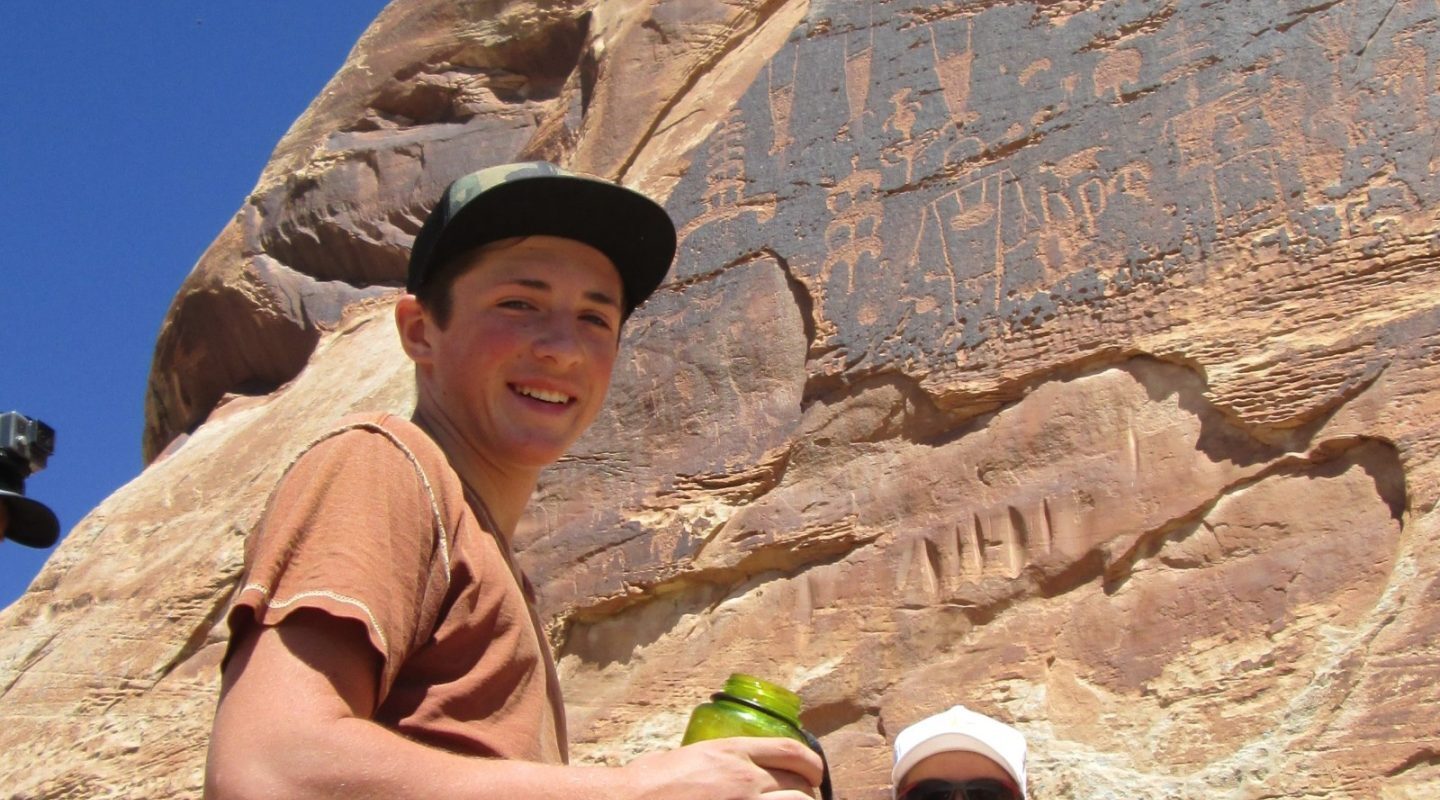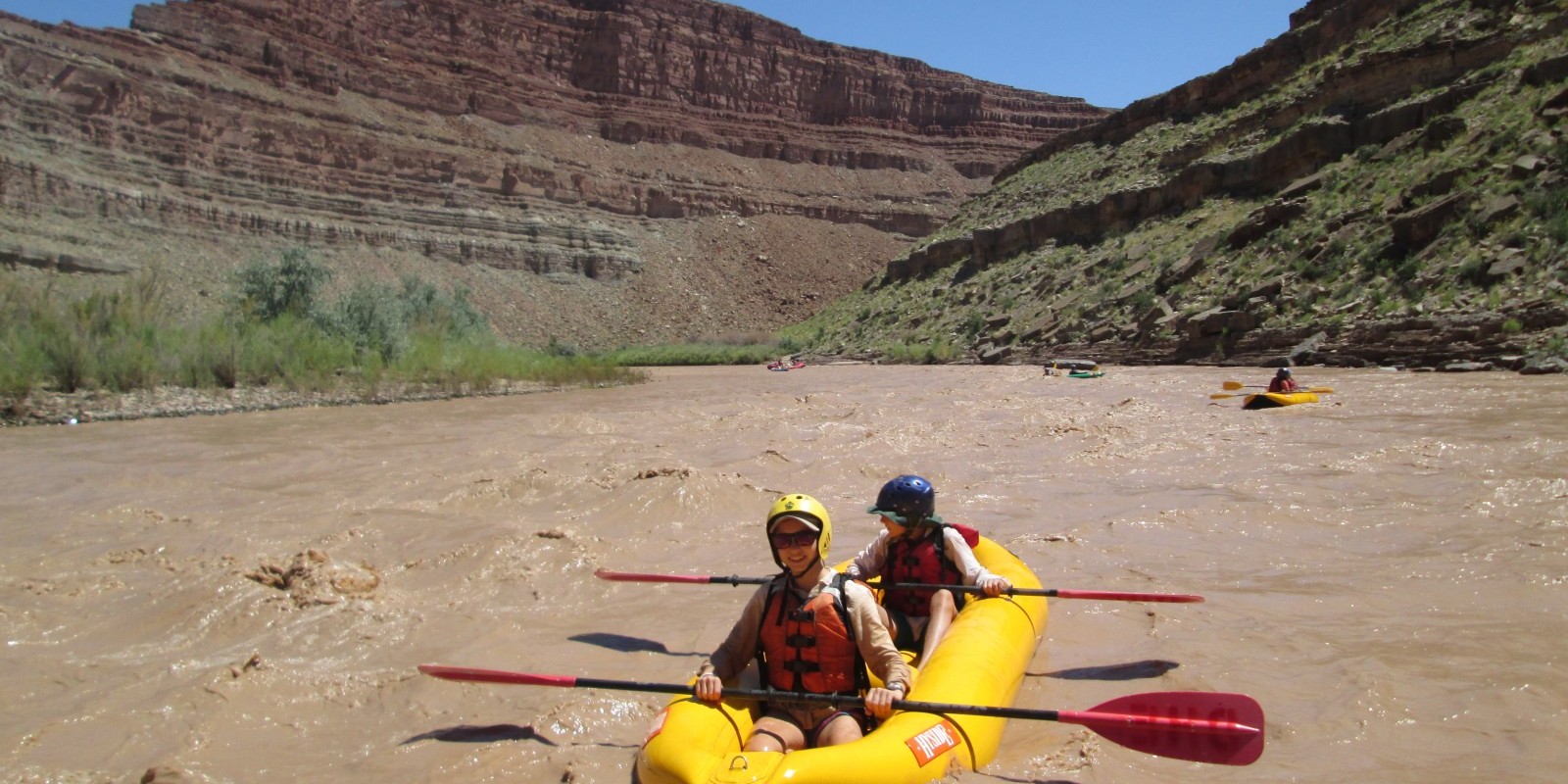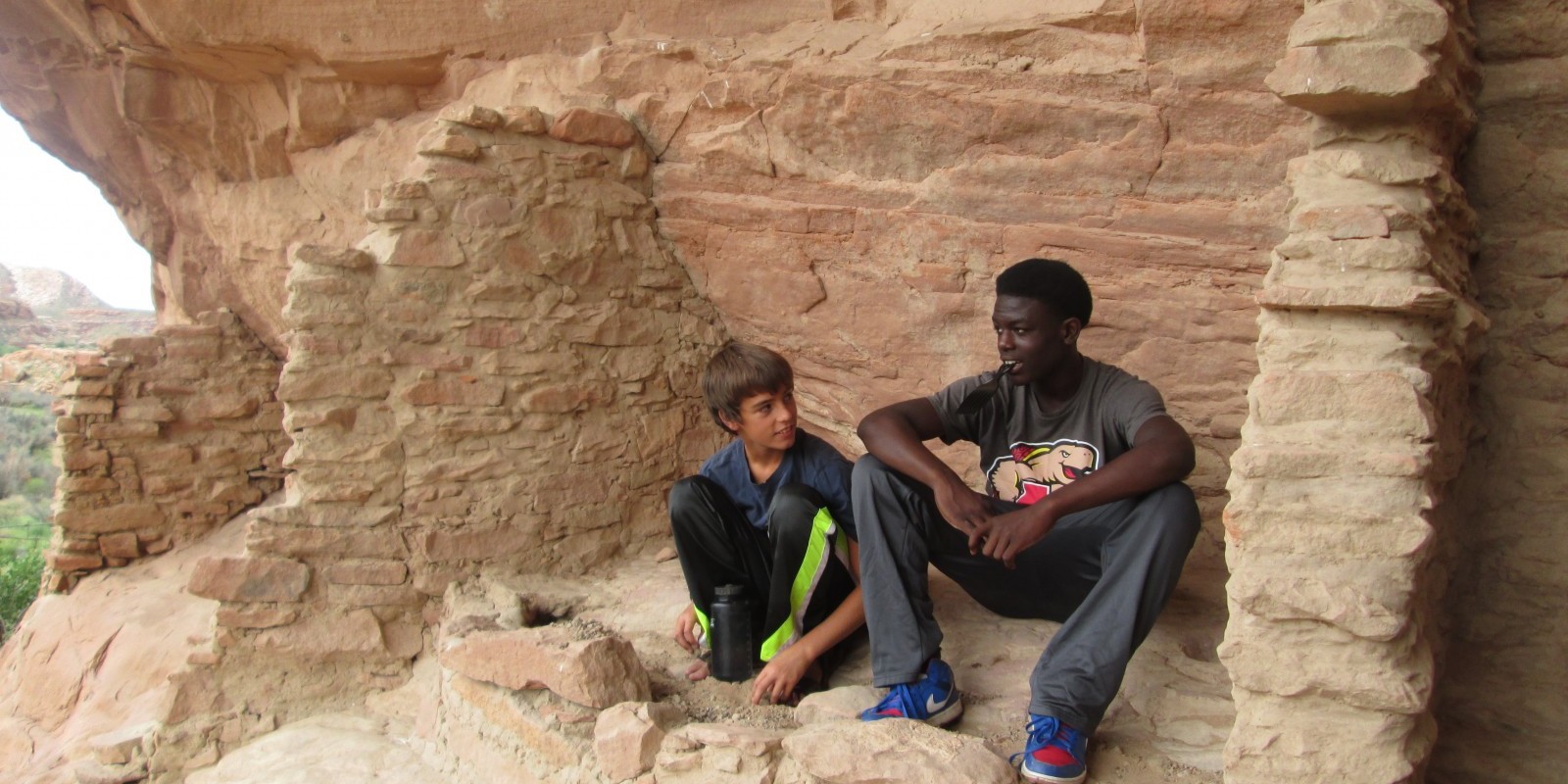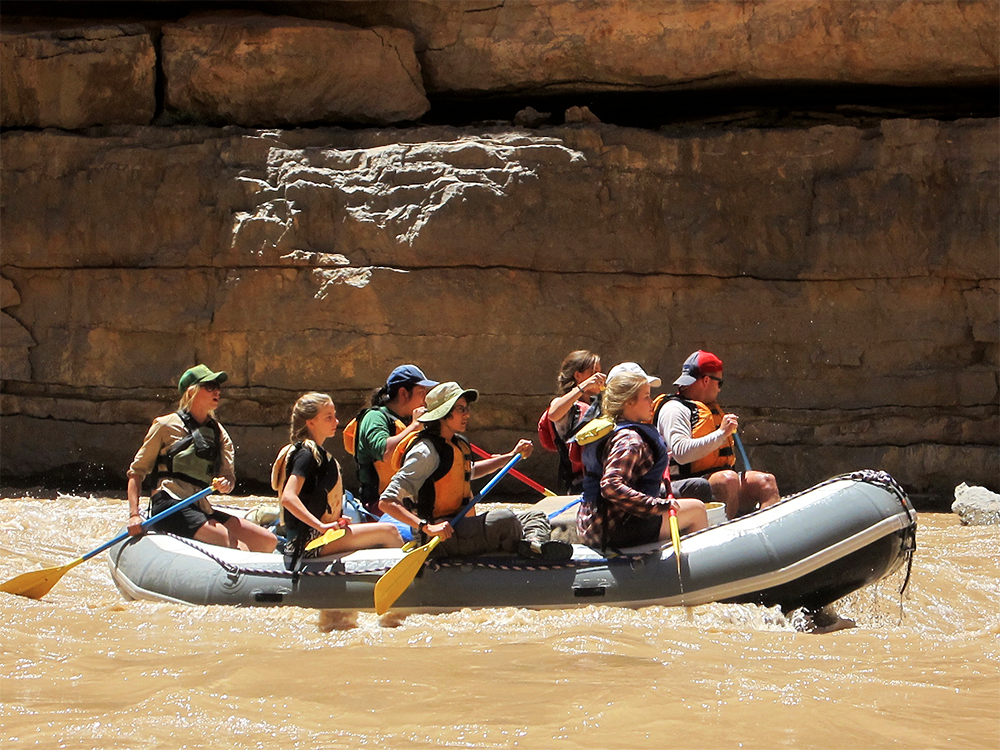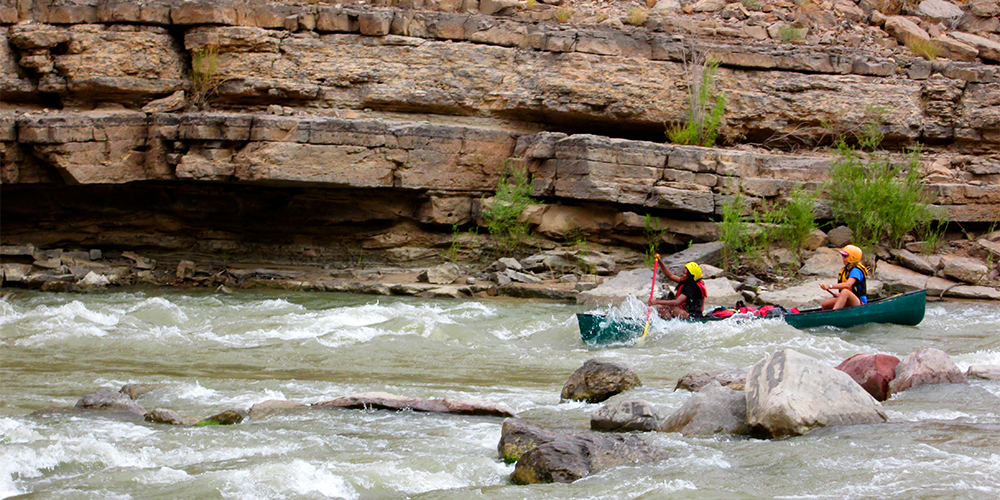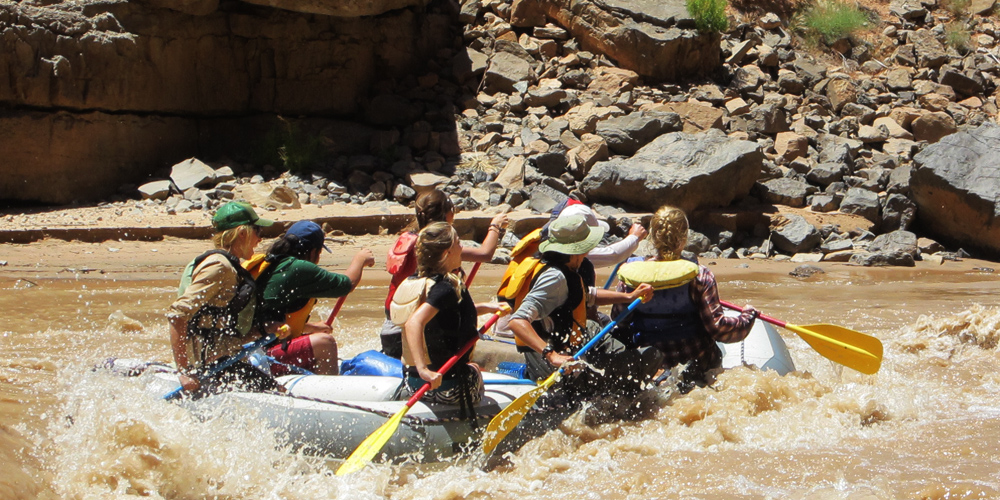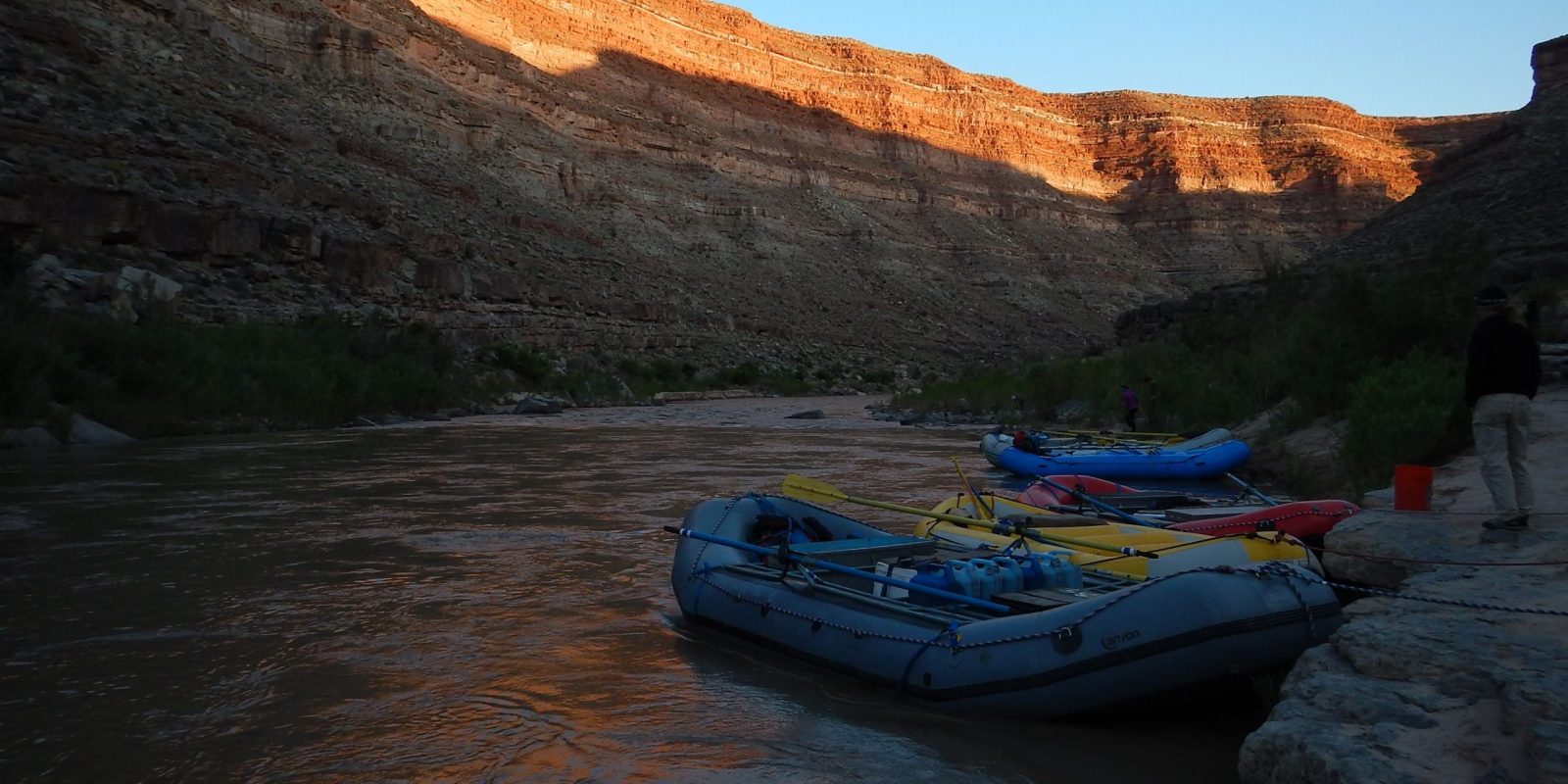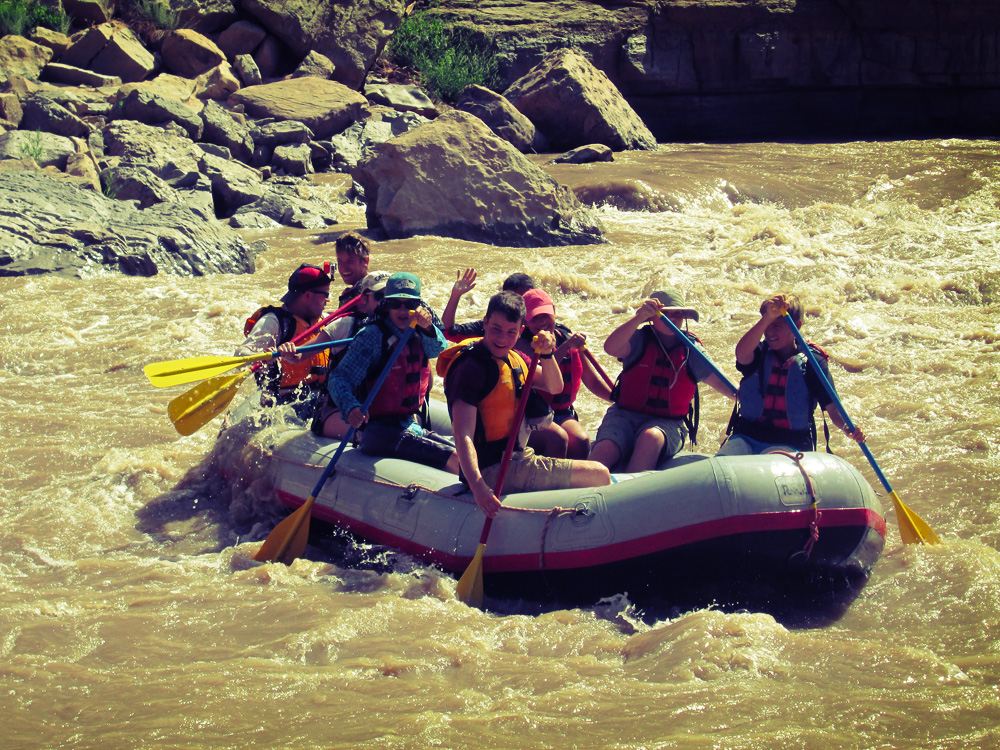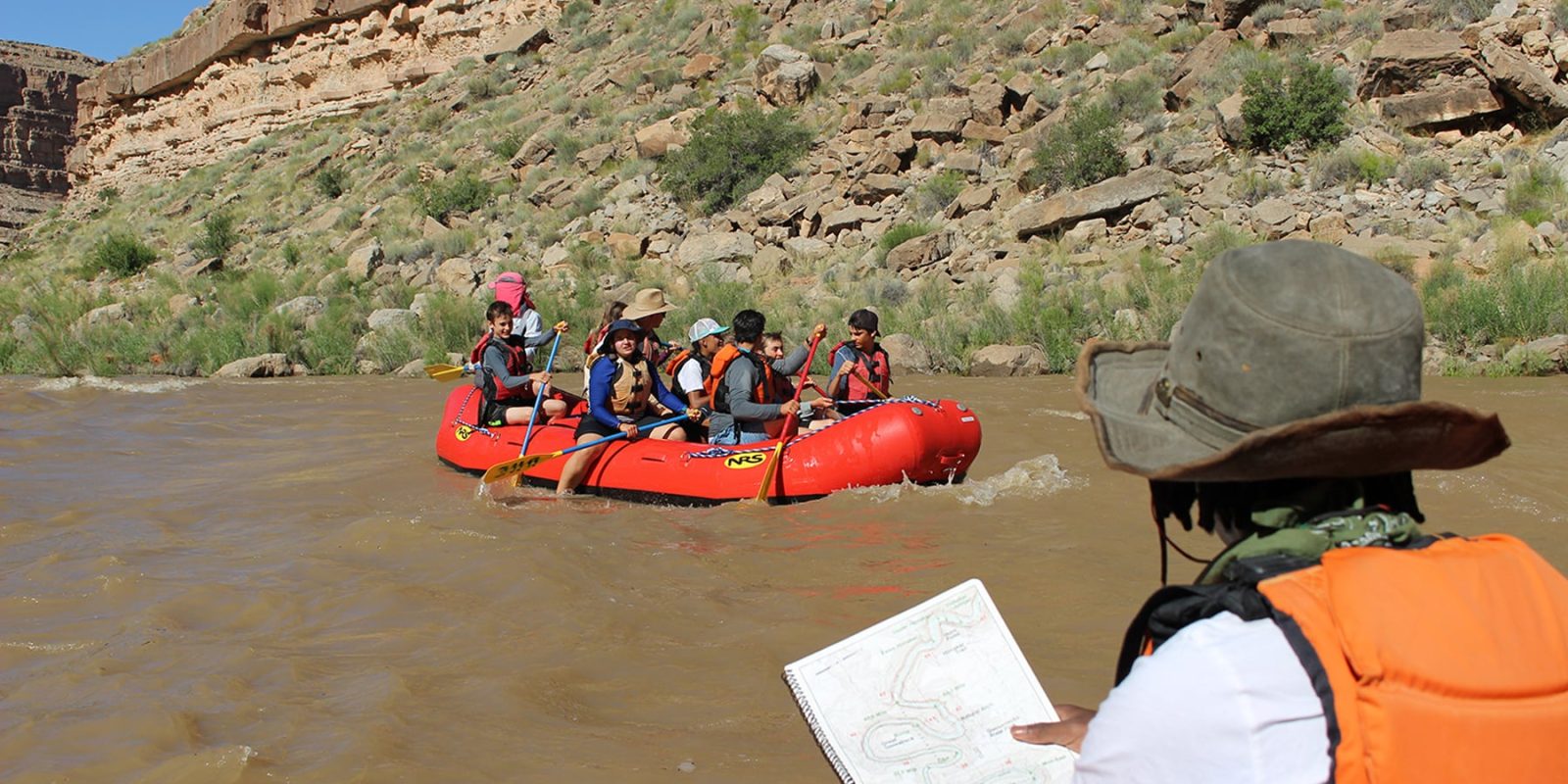Make the Most of your 8th Grade Class Trips
Experiences that support social/emotional development
Carol Triggiano, Chicago Waldorf School
A Deer Hill expedition provides a group of students with a culminating experience that concludes their grade school years together, while also giving them a glimpse into what it takes to meet the future. I knew this outdoor adventure would offer my students an opportunity to experience the beauty of nature firsthand without the distractions of technology and media saturation. Those goals were high on my list as their class teacher. But to be perfectly honest, my top priority was to test my students’ social/emotional muscles as much as their physical ones.
Deer Hill trips require collaboration, resilience, flexibility, resourcefulness, responsibility, empathy and communication. In this fast-paced world where human contact is often filtered through some type of media, developing these “soft skills” is becoming increasingly important as we prepare our students for the future. Living together around the clock for several days, without the comforts of home, in strenuous conditions that require focus and hard work is not an easy task. It takes “grit” and I am not talking about the kind that gets under your fingernails, though there is plenty of that, too.
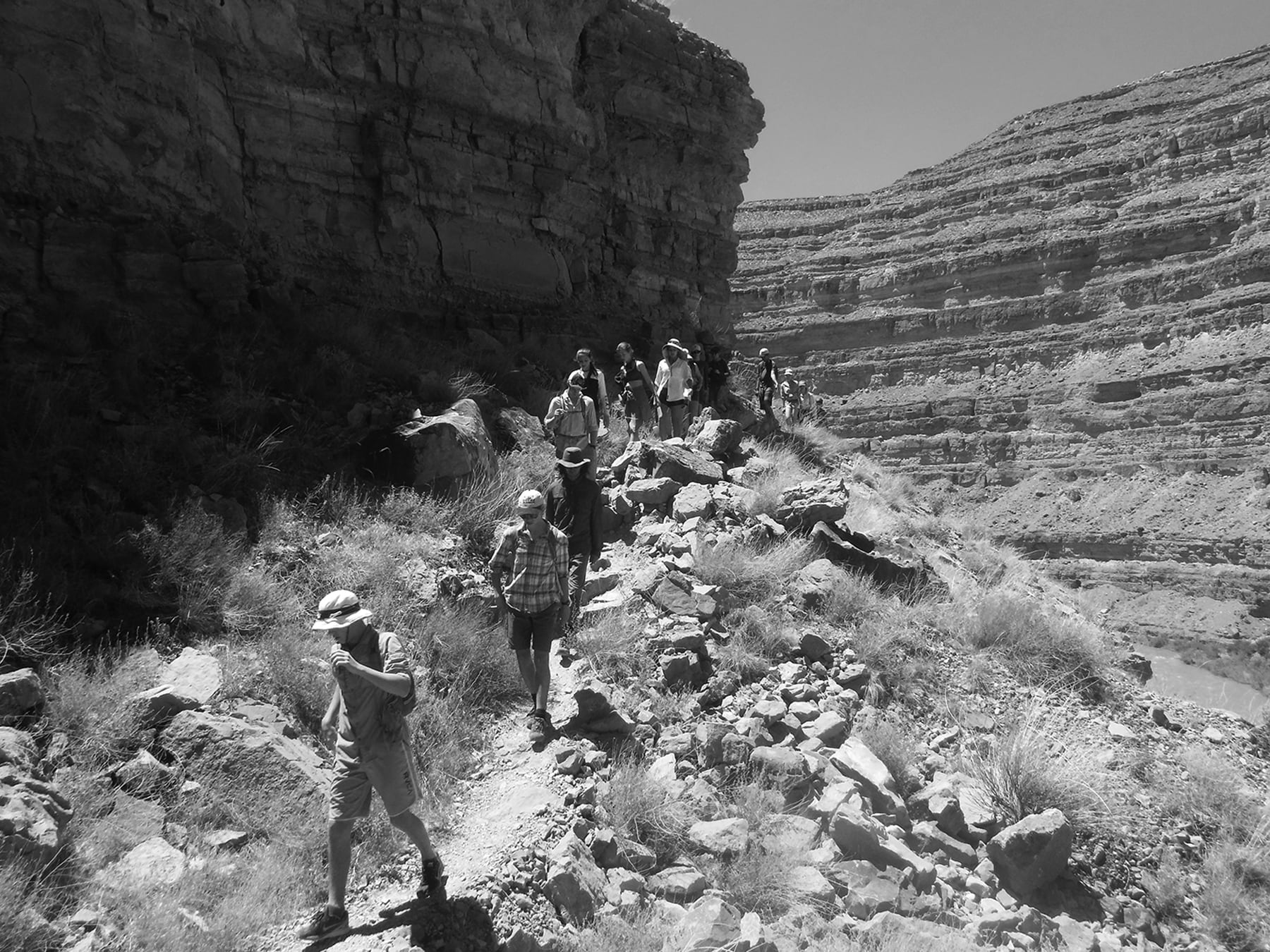
A key element in making this social/emotional part of the experience work depends on trust. The students have to come to the program with a basic trust in each other, in their teacher and in these unknown individuals who will guide them on their adventure. If that groundwork has not been laid ahead of time, the situation may be tough. The potential for drama and conflict is high among adolescents under the best of circumstances. Throwing them out into the wilderness with a wing and a prayer is pushing one’s luck. The trust building has to begin ahead of time.
Middle school is the right time to help young teens build a safe space and process for dealing with conflict and for practicing effective communication. It is a time for learning how to listen as much as talk, how to “see” one another beyond the superficial, and how to support and appreciate each other. It is a time for helping them find their own voices and to have the courage to speak their truths. It is a time for building a class community that functions like a healthy family. Throughout 7th and 8th grades, we held weekly meetings, very similar to Deer Hill’s nightly circles, to check in, share issues and deal with anything that needed attention. In 7th grade we held separate girl and boy meetings; in 8th grade they became class meetings. This is not about playing at therapy or psychology. It is about helping students develop the skills necessary to be an integrated modern human being with a strong sense of self and of the other. If this foundation is in place, the students will come to a Deer Hill expedition, yes, with some fears and anxieties, but also with the willingness to stretch themselves. They will feel safe enough to try, to succeed, to fail, to struggle, to learn, to grow. Those qualities are necessary to stepping into high school and on to the journey of adult life.
I think of Deer Hill’s excellent counselors as my students’ first high school teachers. These exemplary role models wonderfully showcase what it means to follow one’s passions and live life full on. The students easily bond with these young leaders because the kids recognize their strength, their courage, their warmth, and their kindness: in other words, their highly developed social emotional capacities. Very quickly they come to trust them and where there is trust there is growth. And growth is what Deer Hill is all about.
Carol Triggiano
8th Grade Class Teacher
Chicago Waldorf School
